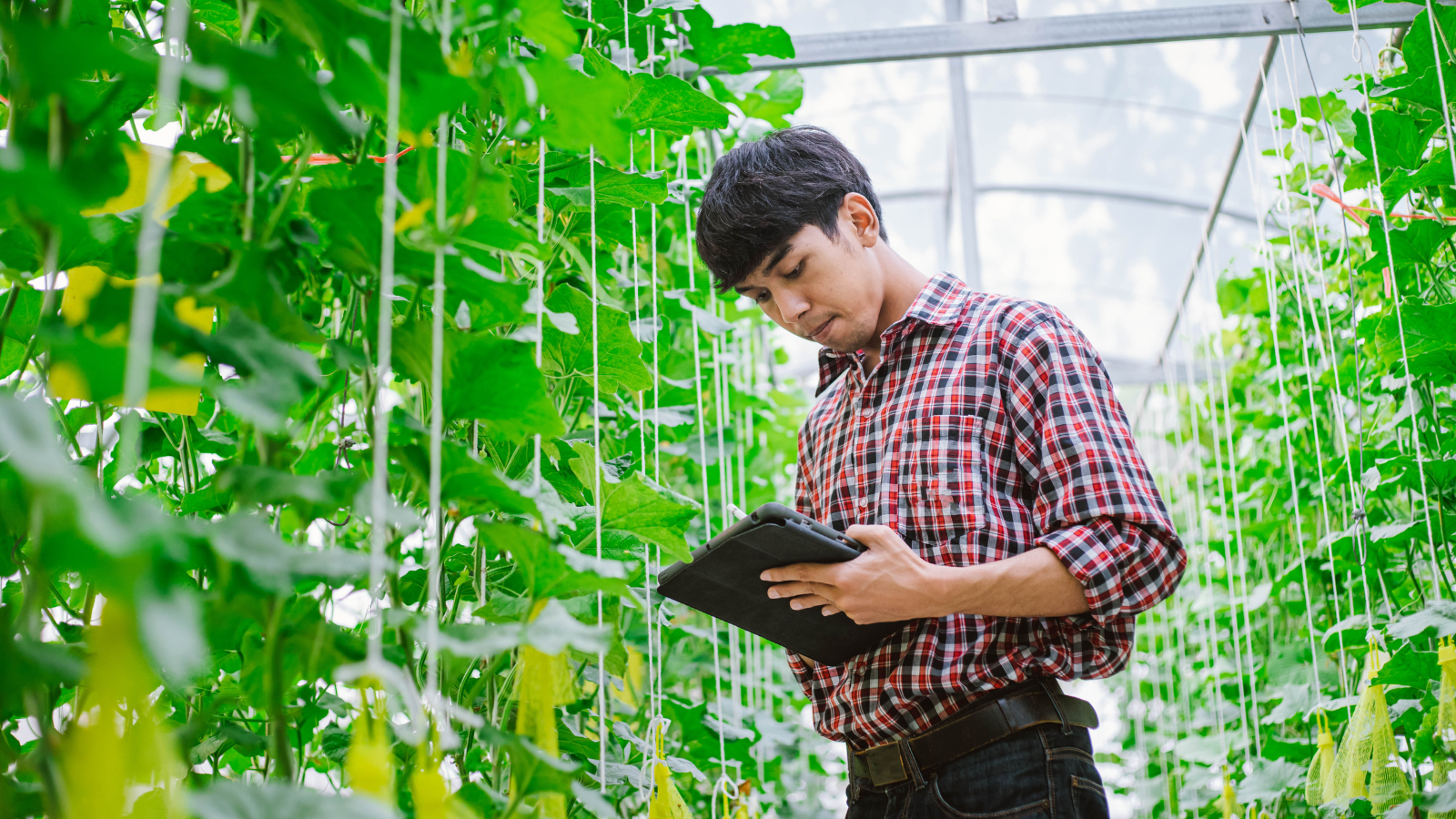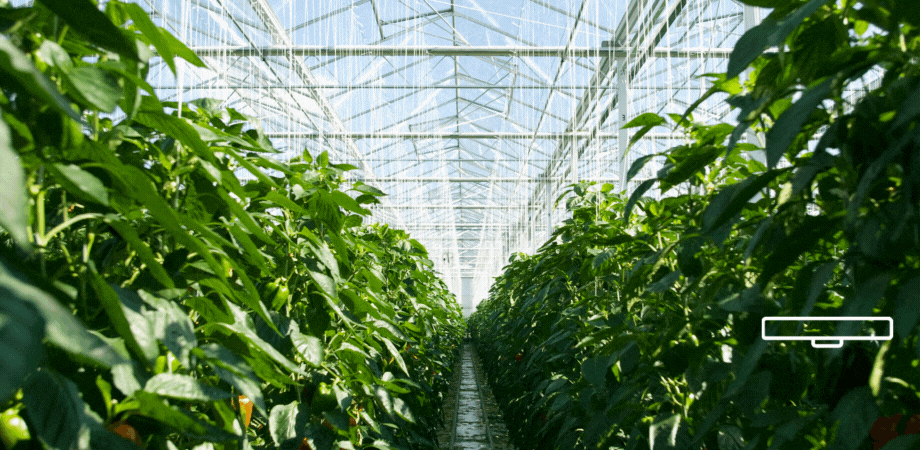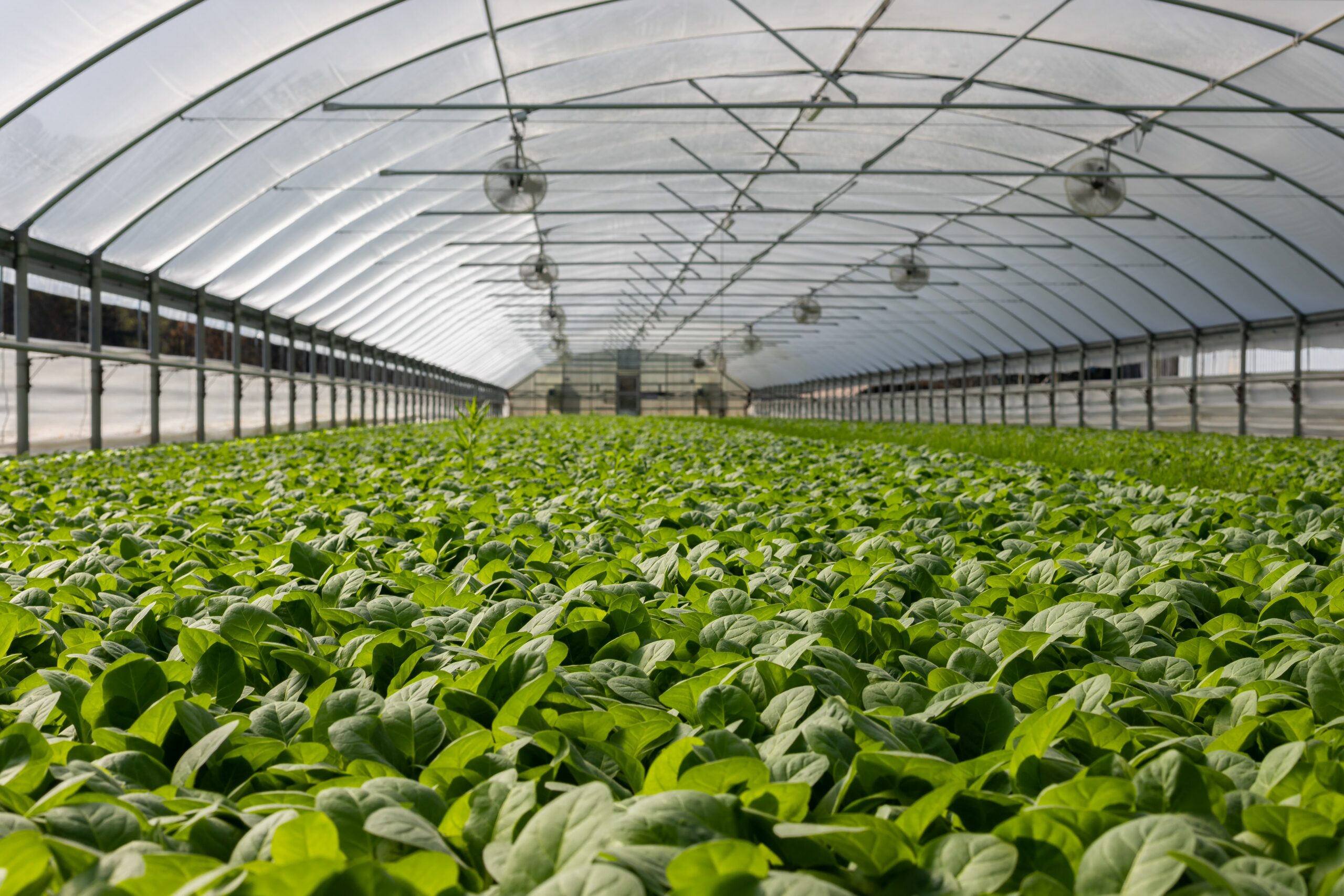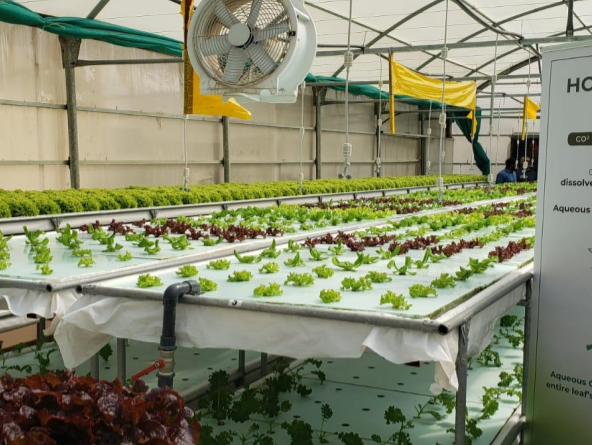CO2 GRO’s aqueous CO2 solution works by creating a CO2 rich microenvironment on top of the leaf’s surface (the cuticle) so that optimal CO2 can be delivered into the plant efficiently. This is what boosts yield for growers in protected (or covered) crop facilities and allows them to reduce their reliance on traditional pathogen mitigating techniques which are often chemical based.
The organization uses sophisticated technology in its R&D facilities as well as in its customers’ facilities to measure exactly how much CO2 is dissolved in water when the aqueous solution is created.
Let’s take a look behind the scenes with CO2 GRO’s Data Manager, Mark Young, who manages some of the company’s research activities.
“We rely on an advanced dissolved CO2 probe with a special membrane to measure the exact concentration of CO2 levels in the water at the milligram per liter level.”
According to Young, the advanced probe is quite expensive, but worth it for the company to utilize at its R&D facilities and customer visits. While customers may choose to invest in the more expensive dissolved CO2 sensor for commercial projects and Technology Trials, Young recommends customers use a less expensive dissolved oxygen (dO2) probe combined with a pH meter.
“Dissolved oxygen readings are not as specific as those provided by a CO2 probe, but they’re a good proxy.”
When you infuse CO2 into water, you force O2 out of it. The O2 probe tells us if the oxygen level in the water has gone down significantly to less than 20% dO2 after infusion, when compared to the source water which is typically in the 50-80% dO2 range – and serves as an indicator of CO2 being introduced.
A secondary proxy for determining CO2 infusion is the pH of the solution. The pH meter records a drop in levels as the concentration of CO2 in the water increases. The pH of a saturated aqueous CO2 solution is typically about 2 points less than the pH of the source water. Combining the pH reading with the reading from the O2 probe helps customers to comfortably determine that the aqueous CO2 solution is ready for use.
In most facilities, an O2 probe as well as a pH meter are usually handy. They are critical to helping measure the level of O2 in irrigation water which is important when using fertilizers and acids to control EC (electrical conductivity) and pH. Conducting a daily check of either dissolved oxygen, pH or preferably dissolved CO2 itself, is easy with the right tools and does not take up much time.
“If you can measure the concentration of your fertilizer in your irrigation water, it is just as easy measuring the concentration of CO2 or its proxy, dissolved oxygen or pH in solution. It’s the same approach – you’re collecting a sample or putting the probe directly in the tank and looking at the meter to note the reading. A 2-minute daily check is all you need, it’s very important that the aqueous CO2 solution is saturated. This is a critical first part of our technology’s process of ultimately delivering CO2 into the plant efficiently.”
CO2 GRO sees that probes, sensors and other technologies are starting to significantly influence how protected crop facilities are built and managed – everyone wants to leverage data to optimize what they do
As a result, we expect to see more automation in the near future which will also allow labor to be more efficient and ensure other resources are managed well too. Data, sensors and automation help growers to optimize how they leverage CO2 GRO’s technology to get the best results in their facility’s unique and changing environment.
Technology truly delivers powerful results, for CO2 GRO and its customers.





